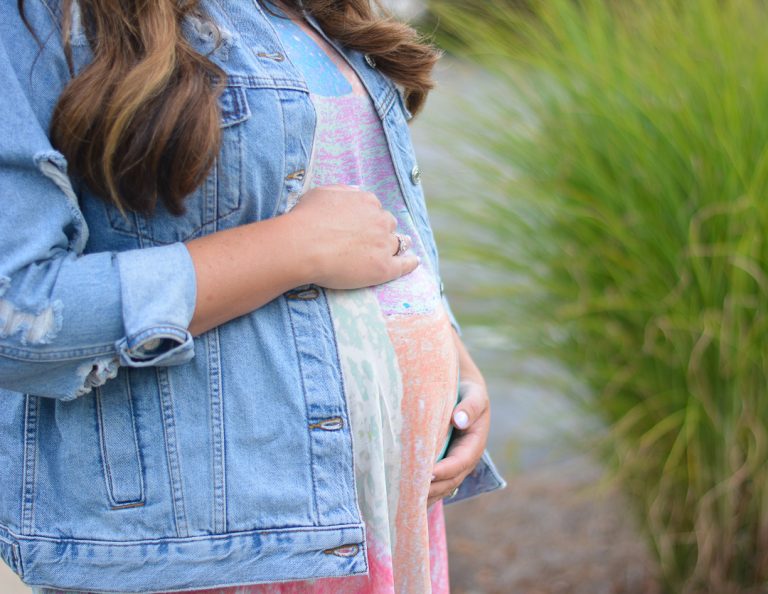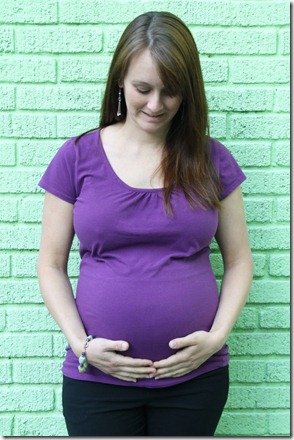

General anxiety increases your respiration rate, causing you to breathe more rapidly than usual. Can anxiety cause shortness of breath?Ĭertain anxiety disorders can cause feelings of shortness of breath. This, in turn, may be the source of feelings of dizziness or lightheadedness in some individuals with anxiety disorders. It's thought, though, that stress-related hormones or compounds released during the fight-or-flight response might affect the vestibular system within the inner ear, which coordinates balance and movement. However, the link between dizziness and anxiety isn't completely clear. People with anxiety disorders, particularly those with panic disorder, often complain of feeling dizzy or lightheaded. Can anxiety cause dizziness?Īnxiety disorders may be associated with dizziness. However, if you regularly experience blood pressure spikes due to chronic anxiety issues, your blood vessels can be affected in ways similar to high blood pressure. General anxiety can cause a temporary, significant increase in your blood pressure, but the effects typically don't linger long enough to have a lasting impact on your health or cause long-term high blood pressure. This places extra force on the walls of your blood vessels and, over time, can lead to several health conditions, including: High blood pressure, also called hypertension, is a condition in which your blood pressure is chronically higher than it should be. No, but it can cause a temporary spike in your blood pressure. So, whether you have a history of panic attacks or not, you should go to the emergency room if you're experiencing chest pain.


Unfortunately, panic attack symptoms and heart attack symptoms can feel similar. The most important consideration any time you're experiencing chest pain is the possibility of heart attack, which is a medical emergency. However, if you suffer from a type of anxiety disorder called panic disorder, you may experience feelings of chest pain during a panic attack.

It's no surprise then that the hormones and chemicals released when you're anxious can cause gut-related issues, including:Ĭertain anxiety disorders can cause feelings of chest pain.Ĭhest pain is not a common symptom of the general anxiety you feel here and there. Some scientists even call your gut your "second brain." Outside of your brain, your digestive system contains the second largest number of nerves in your body. Yes, anxiety can cause nausea and other gastrointestinal problems. Given the various potential physical symptoms of anxiety, how do you know if what you're feeling is truly anxiety or something else? Can anxiety cause nausea? Or maybe your body goes straight into emotional sweating mode. Or perhaps the first thing you notice is the butterflies - a sign that your heart rate is on the rise. In the face of danger, whether real or perceived, your body reacts via the fight-or-flight response - revving up your autonomic nervous system, which controls respiration, heart rate, digestion and several other important bodily functions.Įveryone feels anxiety slightly differently, though.įor instance, maybe your muscles tighten and you feel like you're trembling. We have our fight-or-flight response to thank for this. You're likely familiar with the emotional manifestations of anxiety:īut anxiety comes with physical symptoms, too.


 0 kommentar(er)
0 kommentar(er)
